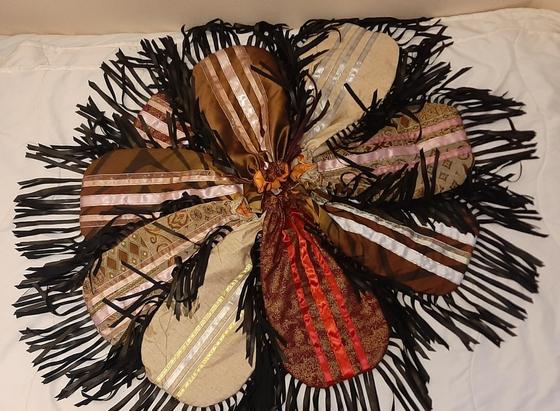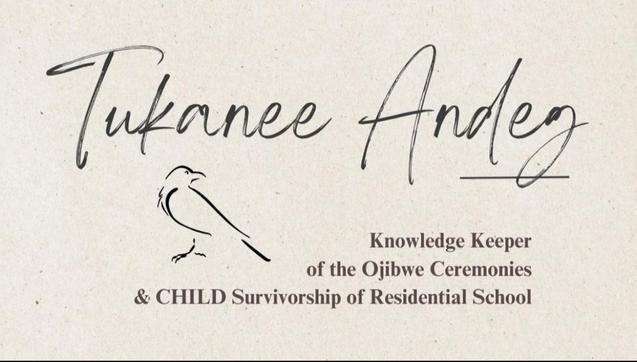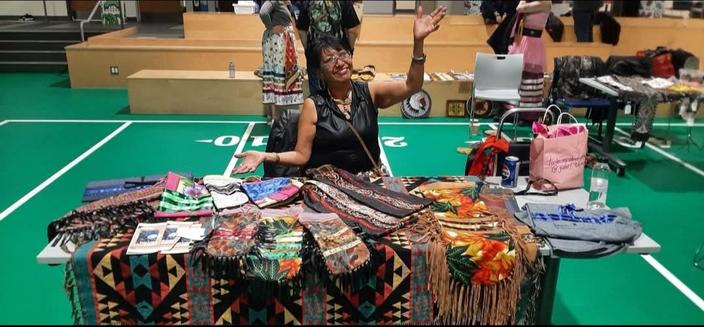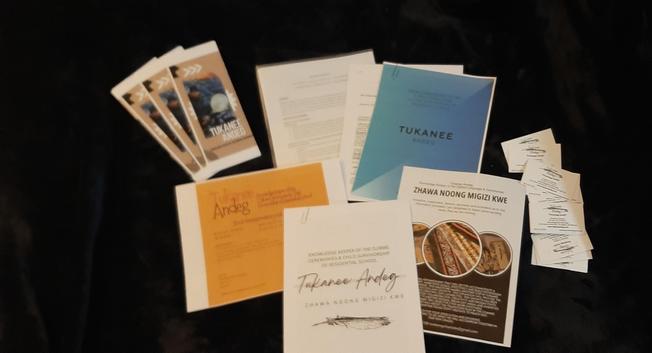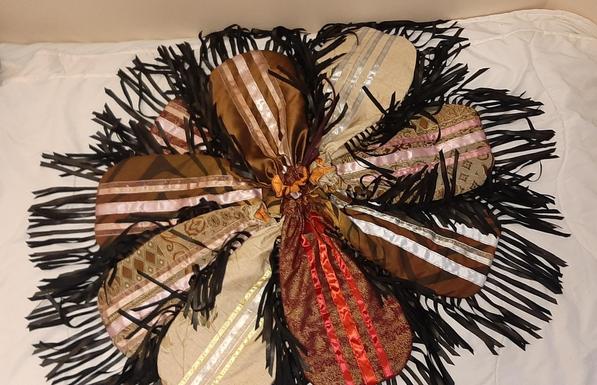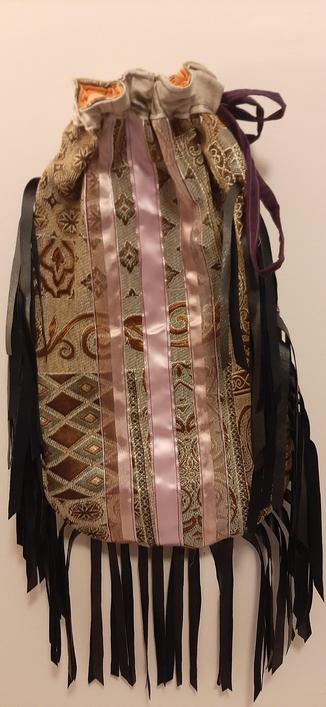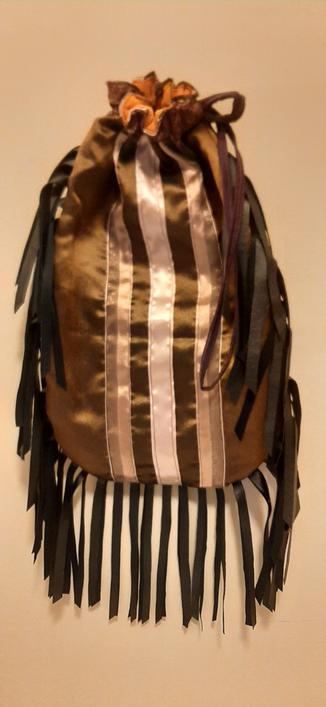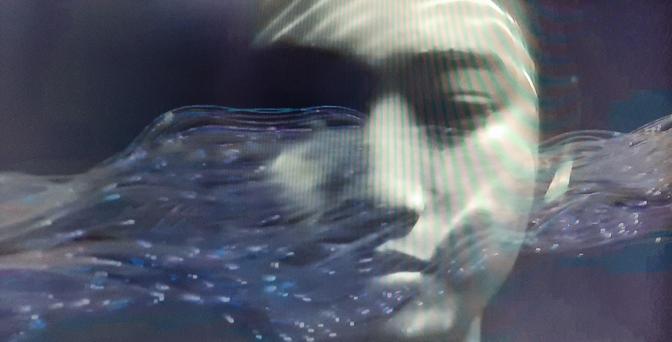Biography: Winona LaDuke
"#WinonaLaDuke, a #NativeAmerican #activist, economist, and author, has devoted her life to advocating for #Indigenous control of their homelands, natural resources, and cultural practices. She combines economic and #environmental approaches in her efforts to create a thriving and sustainable community for her own White Earth reservation and Indigenous populations across the country.
"Winona LaDuke was born in Los Angeles, California on August 18, 1959 to parents Vincent and Betty (Bernstein) LaDuke. Her father, also known as #SunBear, was #Anishinaabe (or #Ojibwe) from the White Earth Reservation in Minnesota. He was an actor, writer, and activist. Her mother was an artist and activist. LaDuke is an #Anishinaabekwe (Ojibwe) enrolled member of the Mississippi Band #Anishinaabeg. Her father brought her to powwows and other tribal functions, events that made a deep impression on the young LaDuke. LaDuke’s parents divorced when she was five and she moved with her mother, who was of Russian Jewish descent, to Ashland, Oregon. LaDuke visited #WhiteEarth frequently and, at her mother’s encouragement, spent summers living in Native communities in order to strengthen her connection with her heritage.
"LaDuke attended Harvard University and graduated in 1982 with a degree in rural economic development. While at Harvard, LaDuke’s interest in Native issues grew. She spent a summer working on a campaign to stop uranium mining on Navajo land in Nevada, and testified before the United Nations in Geneva, Switzerland about the exploitation of Indian lands.
"After Harvard, LaDuke took a position as principal of the reservation high school at the White Earth Ojibwe reservation in Minnesota. She soon became involved in a lawsuit filed by the Anishinaabeg people to recover lands promised to them by an 1867 federal treaty. At the time of the treaty, the White Earth Reservation included 837,000 acres, but government policies allowed lumber companies and other non-Native groups to take over more than 90 percent of the land by 1934. After four years of litigation, however, the lawsuit was dismissed.
"The lawsuit’s failure motivated LaDuke’s ensuing efforts to protect Native lands. In 1985, she helped establish and co-chaired the #IndigenousWomensNetwork (#IWN), a coalition of 400 Native women activists and groups dedicated to bolstering the visibility of Native women and empowering them to take active roles in tribal politics and culture. The coalition strives both to preserve Indigenous religious and cultural practices and to recover Indigenous lands and conserve their natural resources."
Read more:
https://www.womenshistory.org/education-resources/biographies/winona-laduke


